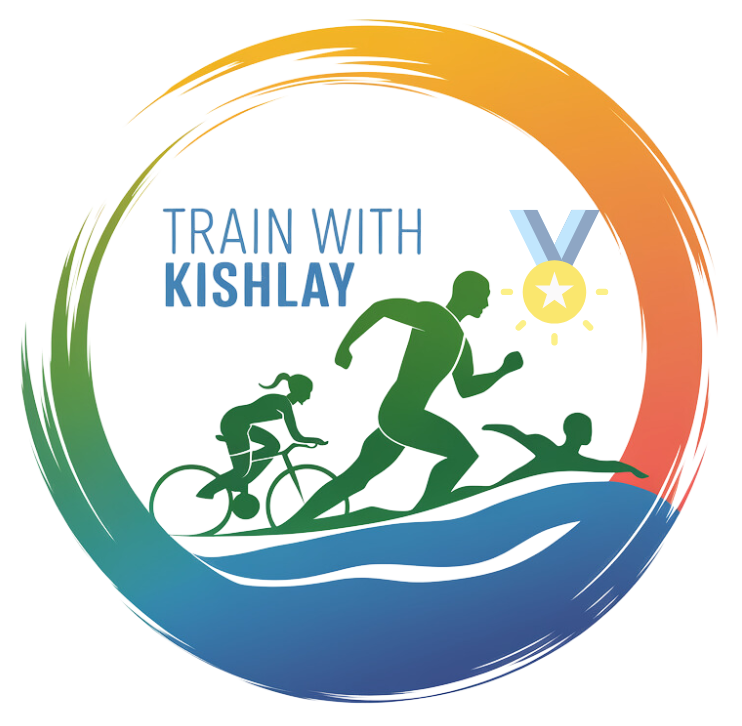
2. Heart Rate and Power-Based Training
- Heart Rate Zones: Use targeted zones to enhance aerobic capacity (Zone 2), improve lactate threshold (Zone 4), and develop peak power (Zone 5).
- Power Training: Metrics like Functional Threshold Power (FTP) guide interval sessions to boost speed and stamina.
- Short Power Drills: Intervals at 105-120% FTP for explosive speed.
- Sustained Power Work: Longer intervals at 90-95% FTP to simulate race conditions.
3. Cadence and RPM Optimization
- Cadence Drills:
- High Cadence Training: Develop neuromuscular efficiency for smoother pedaling.
- Low Cadence Training: Build strength for climbing and headwind conditions.
- Gear Handling on Climbs and Descents:
- Climbing Gears: Learn to shift to lower gears to maintain cadence and reduce strain on climbs.
- Descending Gears: Practice gear changes to ensure smooth, controlled speed during descents.
- Power Management: Use power and cadence data to conserve energy on climbs and recover on descents.
4. Bike Handling and Aerodynamics
Aerodynamic Positioning: Train to hold a comfortable aero position for maximum speed with minimum effort.
Bike Control:
Cornering, braking, and handling techniques for technical sections.
Stability drills to manage crosswinds and uneven surfaces.
Sports Nutrition for Cyclists
During Training
Pre-Ride Nutrition: A balanced meal with slow-digesting carbs and moderate protein to fuel your session.
Fueling Strategy:
Short rides (<90 mins): Water and electrolytes.
Long rides (>90 mins): 30-60 grams of carbs per hour from energy gels, drinks, or snacks.
Hydration:
Maintain fluid intake of 500-750 ml/hour, adjusting for temperature and sweat rate.
Race Day Nutrition
Pre-Race:
High-carb meal 3-4 hours before the event to maximize glycogen stores.
Light carb snack (banana or energy bar) 30 minutes before the race.
During Race:
Short Races: Quick-digesting carbs for sustained energy.
Long Races: Combine carbs, proteins, and electrolytes to maintain performance over extended periods.
Recovery:
Refuel with a 3:1 carb-to-protein ratio within 30 minutes post-ride to replenish glycogen and support muscle repair.
Why Science-Based Training Works
1. Physiological Adaptations
Training improves VO2 max, lactate clearance, and mitochondrial efficiency, enabling sustained power output over long periods.
2. Biomechanical Efficiency
Optimize your pedal stroke to reduce wasted energy and improve power transfer.
Strengthen cycling-specific muscles to support posture and prevent fatigue.
3. Mental Toughness
Prepare for the psychological demands of long-distance and high-intensity efforts through visualization and focus drills.
4. Customized to You
Tailored plans based on your fitness level, goals, and race conditions, ensuring peak performance on race day.
Who is This Training For?
Time Trial Cyclists: Seeking to maximize speed and power for short, intense efforts.
Endurance Riders: Training for ultra-long distances and brevet series.
Super Randonneurs: Preparing for 200-600 km events with a focus on pacing, endurance, and mental resilience.
Why Train With Kishlay?
With 8+ years of experience as an endurance athlete and certified coach, Kishlay provides a holistic approach to cycling training. Our programs emphasize:
Data-Driven Performance: Heart rate, power, and cadence metrics to guide every session.
Injury-Free Training: Structured recovery and strength training to keep you consistent.
Race-Specific Preparation: Tailored strategies for your target event, from terrain to weather.
Hands-On Guidance: Detailed training on gear handling, pacing, and nutrition for every type of ride.
Ready to Master Cycling?
Whether you’re chasing a time trial PR, preparing for your next brevet, or tackling the Super Randonneur series, Train With Kishlay is your trusted partner for smarter, science-backed cycling training.
Contact us today to begin your journey to peak performance!
